HM 2019
11th International Workshop on Hybrid Metaheuristics
CONFERENCE PROGRAM AVAILABLE
Previous Proceedings of the International Workshop on Hybrid Metaheuristics (HM) can be found in this link

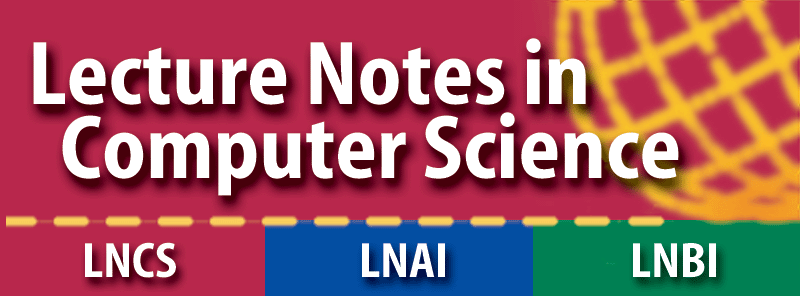
| Category | Early bird | Late - On site | Registration** |
|---|---|---|---|
| Standard | USD 350 / CLP 210.000 | USD 400 | (1) Registration (2) Payment |
| Student with an accepted paper | USD 200 / CLP 120.000 | USD 250 | (1) Registration (2) Payment |
| Student without an accepted paper | USD 35 / CLP 20.000 | USD 50 | (1) Registration (2) Payment |
| Poster | USD 80 / CLP 50.000 | USD 80 / CLP 50.000 | (1) Registration (2) Payment |
* = One Standard registration is required for each accepted paper.
** = You need to fill both the registration form and the payment information (links above)
The Standard registration, as well as the registration for students with accepted papers include: 1 dinner, 2 lunches and a touristic activity. The registration for students without accepted paper provide access for all of the conference, along with the coffee breaks.
NOTE: If you are experiencing problems accessing the payment website, a bank transfer option is available. Information needed for the transfer can be found in the following links: English , Spanish . When preparing the bank transfer, please be aware of the transaction fees that may be charged by your bank, as the ammount to be received must correspond to the registration cost. IMPORTANT : After performing the bank transfer, send a copy of the receipt of the bank trasfer to the e-mail: juliogodoy@udec.cl , so that we can keep track of the transaction.
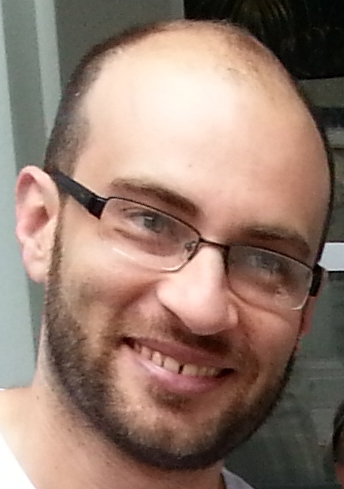
Haroldo Gambini Santos is a Professor in the Computer Science Department of Universidade Federal de Ouro Preto. He has a PhD in Computer Science from Universidade Federal Fluminense (2007). His research focuses in the development of algorithms and models for combinatorial optimization problems. In 2012, he was awarded with the first prize in the International Timetabling Competition (ITC 2011), with his team GOAL. In 2013, he was awarded with the third place in the MISTA 2013 Challenge. Since 2012 he is member of the COIN-OR Foundation Technical Leadership Committee, an entity that promotes the research and development of state-of-the art open source software for operations research.
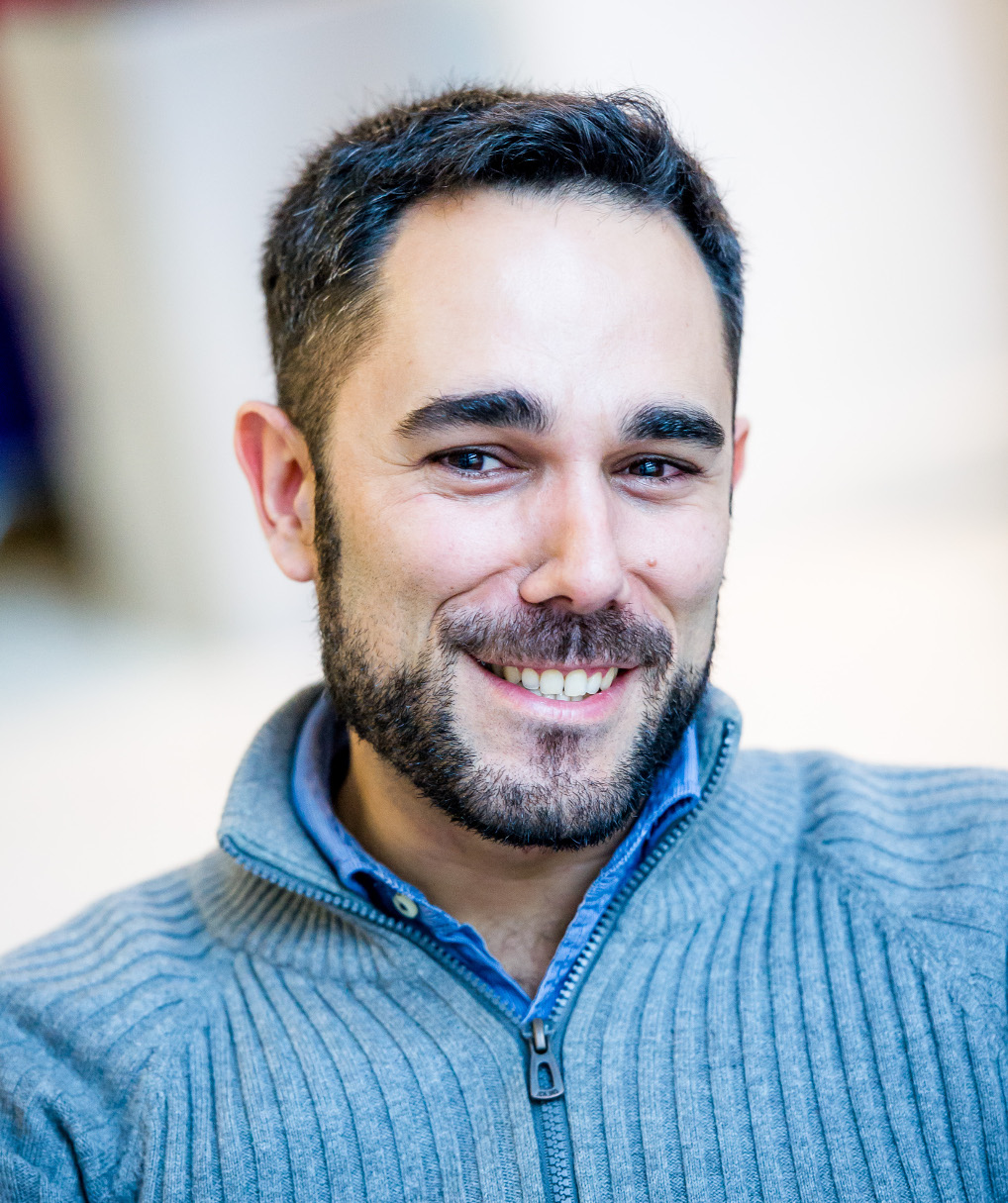
Dr. López-Ibáñez is a lecturer in the Decision and Cognitive Sciences Research Centre at the Alliance Manchester Business School, University of Manchester, UK. He received the M.S. degree in computer science from the University of Granada, Granada, Spain, in 2004, and the Ph.D. degree from Edinburgh Napier University, U.K., in 2009. He has published 17 journal papers, 6 book chapters and 36 papers in peer-reviewed proceedings of international conferences on diverse areas such as evolutionary algorithms, ant colony optimization, multi-objective optimization, pump scheduling and various combinatorial optimization problems. His current research interests are experimental analysis and the automatic configuration and design of stochastic optimization algorithms, for single and multi-objective problems. He is the lead developer and current maintainer of the irace software package for automatic algorithm configuration (http://iridia.ulb.ac.be/irace).
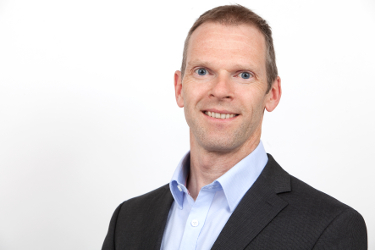
Günther Raidl is Professor at the Institute of Logic and Computation, TU Wien, Vienna, Austria and member of the Algorithms and Complexity Group. He received his PhD in 1994 and completed his habilitation in Practical Computer Science in 2003 at TU Wien. In 2005 he received a professorship position for combinatorial optimization at TU Wien.
His research interests include algorithms and data structures in general and combinatorial optimization in particular, with a specific focus on metaheuristics, mathematical programming, intelligent search methods, and hybrid optimization approaches. His research work typically combines theory and practice for application areas such as scheduling, network design, transport optimization, logistics, and cutting and packing.
Günther Raidl is associate editor for the INFORMS Journal on Computing and the International Journal of Metaheuristics and at the editorial board of the Metaheuristics journal, Evolutionary Computation Journal, the Journal of Applied Metaheuristic Computing, and the Journal of Memetic Computing. He is co-founder and steering committee member of the annual European Conference on Evolutionary Computation in Combinatorial Optimization (EvoCOP). He was co-chair of the 10th Metaheuristics International Conference (MIC~2013), editor-in-chief of the 2009 Genetic and Evolutionary Computation Conference (GECCO~2009), and hosted Hybrid Metaheuristics 2010 in Vienna. Since 2016 he is faculty member of the Vienna Graduate School on Computational Optimization.
He has recently co-authored a text book on hybrid metaheuristics, (co-)edited 13 books and authored over 160 reviewed articles in journals, books, and conference proceedings. In 2012 he received the EvoStar Award for Outstanding Contributions to Evolutionary Computation. More information can be found at http://www.ac.tuwien.ac.at/raidl.
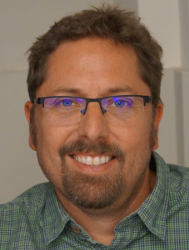
Dr. Christian Blum currently holds the permanent post of a Senior Research Scientist at the Artificial Intelligence Research Institute (IIIA) of the Spanish National Research Council (CSIC) in Bellaterra, Spain. Before that, from 2012 to 2016 he was an Ikerbasque Research Professor at the University of the Basque Country in San Sebastian, Spain. Dr. Blum obtained the PhD in Applied Sciences from the Free University of Brussels in 2004 and a Diploma (equivalent to a Masters Degree) in Mathematics from the University of Kaiserslautern, Germany, in 1998. His main research interests are in swarm intelligence techniques for optimization and control, and in the hybridization of metaheuristics with other techniques for optimization. During the last 15 years Christian has (co-)authored more than 140 publications in international journals, books, and peer-reviewed conference proceedings. In total, his work has currently received more than 10.000 citations, and his current H-index is 34 (Google Scholar). Apart from acting as area editor for the journal Computers & Operations Research (responsible for metaheuristics), he currently is also associate editor for journals such as Theoretical Computer Science, Natural Computing and Computer Science Reviews. Moreover, he is on the editorial board of several additional journals.
Dr. Blum is frequently invited to give keynote talks, tutorials and seminars. He has given invited keynote talks, for exemple, at conferences such as VNS 2017, Matheuristics 2016, BeneLearn 2016, and OPTIMA 2015 (Chilenean Congress on Operations Research), just to name the most recent ones. Moreover, he has given invited tutorials at conferences such as META 2014, ICARIS 2012, and GECCO 2011. Moreover, Dr. Blum has been very active in the co-organization of scientific events. He is, for example, a co-founder of the interational workshop series on Hybrid Metaheuristics. Finally, during his carrer, Christian has won several research and supervision awards. The most prestigous award he received is the IEEE Transactions on Evolutionary Computation (IEEE TEC) Outstanding Paper Award. Concerning student supervisions, he has received an award as director of the thesis that won the first prize at the "Certamen Arquímedes" (a Spanish national competition).
The 2019 Workshop on Hybrid Metaheuristics will be held in the Faculty of Engineering of the Universidad de Concepción, located in the city of Concepción, Chile. Universidad de Concepción is the largest educational institution of the city, and one of the most traditional and prestigious universities of Chile. Its beautiful campus is the main touristic attraction of the city, with its “campanil” tower overlooking both the University and the city of Concepción. The University hosts more than 20 thousand students in its three campuses, and it has become a symbol of pride of the city.
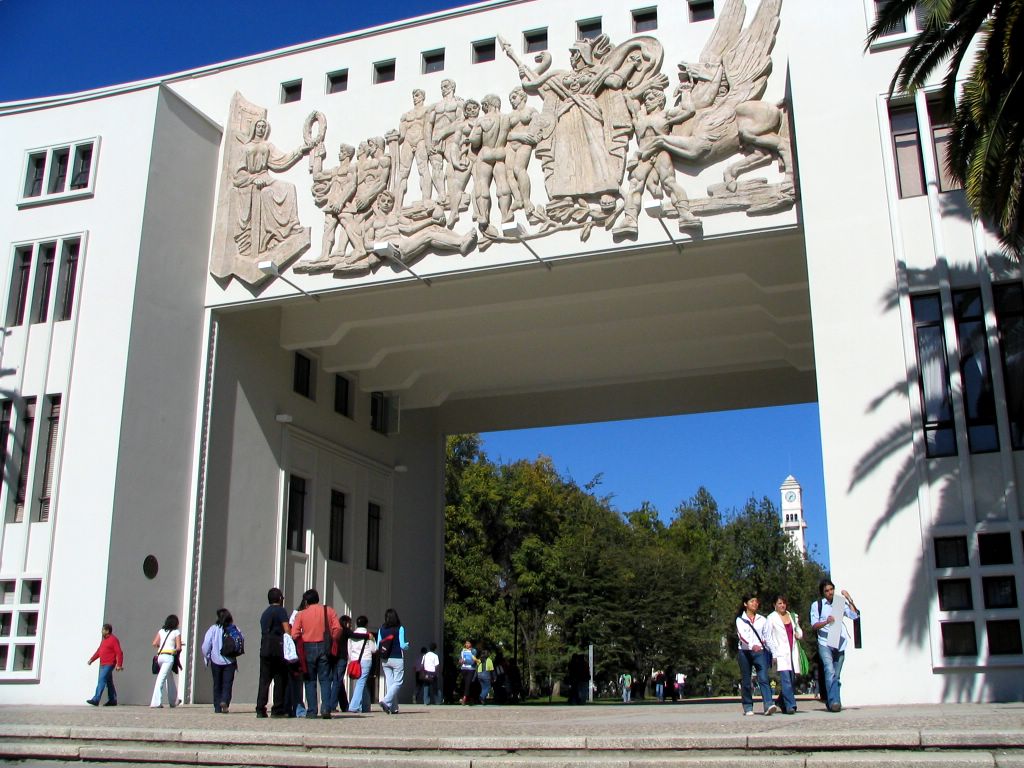
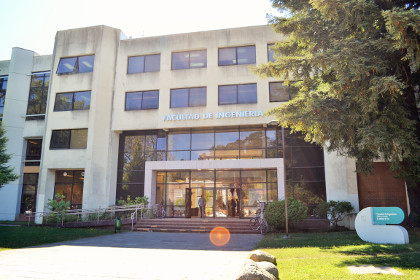
Concepción is the second largest city in Chile, located next to the BioBio river and the Pacific ocean. Concepción is a vibrant city with many universities, shopping centers and it is close to many touristic areas.

Concepción is surrounded by beautiful nature and picturesque locations such as the Dichato beach (for swimming and seafood eating), Caleta Tumbes (for seafood restaurants), Chiflón del Diablo (former underground coal mine)
Concepción has many hotels with a wide price range, starting from around 65 USD up to 300 USD. Some of this hotels include:
From Santiago, you can reach Concepción either by flights (of 45 minutes of duration) or buses (around 6 hours of duration). Airlines that provide service to Concepción are LATAM, Sky and JetSmart. If you prefer to travel by bus, you first need to reach the Bus terminal in downtown Santiago, (also called “Terminal Alameda”) where many companies offer service to Concepción (we recommend either EME Bus or Pullman Tur).
The University is located in the heart of Concepción. You can use google maps with the address “Edmundo Larenas 219, Concepción” from your hotel, to obtain the best route. From downtown Concepción, it is around 15-20 minutes walking to the Conference venue.
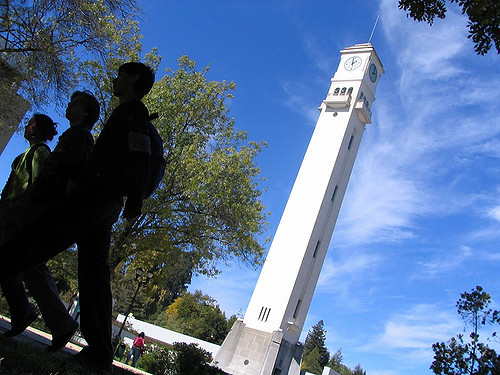
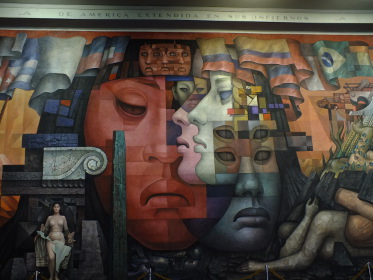
You will enjoy a very comfortable dry summer weather in Concepción. The average temperature is around 20 degrees celsius (78 farenheit) and it is very uncommon for rain to occur. However, given the abundant sunlight, we recommend the use of sunscreen of factor 30 or higher.
For more information about this event, contact Pedro Pinacho at ppinacho@udec.cl